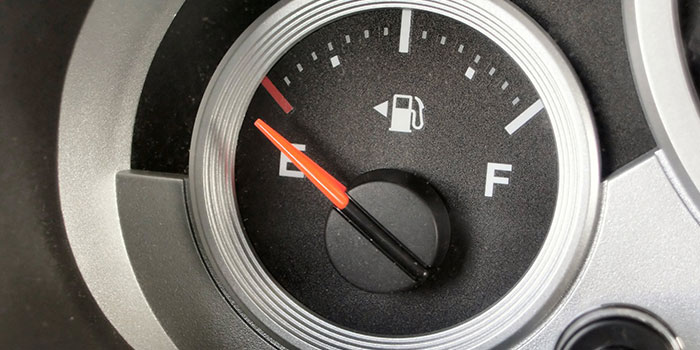
Muscat: A “balance” has to be struck when setting fuel prices so that poorer sections of society are protected, according to the deputy chairman of Oman’s Shura Council, Mohammad Abu Bakr Al Ghassani.
The Oman government removed the fuel subsidy last January. Since then prices have risen by over 40 per cent and some Omanis say they are struggling to fill their tanks.
The move was part of government cuts to put Oman on an even footing as oil revenues dropped. The government is working hard to move the Sultanate away from being dependent on oil.
Al Ghassani said that any government mechanism should strike a balance between the country’s needs and the well-being of Omanis.
“There should be a mechanism in place (to determine fuel prices) that measures its effect on the economy and the public. It’s natural when the fuel price increases it will force services to raise their prices and in turn the public will be affected,” said Al Ghassani.
Support
“There are members of society that, no doubt, need support. When the fuel prices are raised that means fuel consumption will be raised and therefore services like taxis, water tankers and other service will also increase the price, so we must keep a balance,” he added.
During the ninth regular session, members of the Shura Council discussed the effect the rising fuel price has on Omanis and the general public and votes were cast on a set of recommendations presented by the Special Committee for Addressing Economic Crisis.
The special committee at a meeting on Thursday recommended that M95 fuel price should be fixed at 160 baisas per litre, M91 at 150 baisas per litre and diesel at 180 baisas.
Raising fuel prices gives the state large amounts of revenue but members of the public have to pay for it every time they use a car. Al Ghassani said that the money paid should feed back in support of deserving sections of the community.
“In my personal opinion, the mechanism should clearly show the effect rising fuel prices has on the state budget and nationals. For example, if I raise the fuel prices I would be able to save OMR100 million, but the nationals will suffer from the hike and would pay, let’s say OMR25 million. This OMR25 million from the OMR100 million should be given back as support for the deserving class of people,” said Al Ghassani.
“You can’t determine the fuel prices if you don’t know the effect it has on the people and the economy,” he added.
“I’m with the suggestion to support families on social welfare and with limited income, but it’s not enough. You still have to determine who is deserving of support,” said Mohammad Salem Al Busaidi, Shura member representing Baushar.
“There are some with OMR325 as a salary but they get lots of their income from elsewhere, like real estate for example. You also have those with more than OMR1,000 but they have 11 children to take care of and are struggling.
“The amount of salary one makes does not reflect his real position in life. You have to also factor in people travelling great distances to get to work. Imagine someone making OMR600 a month who has to travel 500 kilometres from his village to work every day,” he added.
He said that “any changes need to be gradual and not sudden,” citing the February fuel prices announcement as an example of a sudden change. A recommendation suggesting stripping government officials of free fuel subsidy cards had 93 per cent of the Shura members voting in
Al Ghassani said: “I’m with stripping government officials of fuel subsidy cards if it is given to them for their private cars. If the card is used for a ministry vehicle then that’s a different case but those given for private vehicles should be cancelled, to be fair.”
The recommendations will be raised with the council of ministers, currently pressing for a safety net system to protect the lowest paid in Oman.